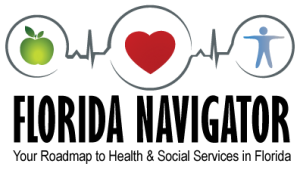Older Americans Month: Blazing a Trail
The Savvy Senior
By Robert Goodman, MSW
A recent theme for Older Americans Month in May was “Blazing a Trail”. The focus is on how older adults in our community are leading and inspiring others, how we can support and learn from them, and how we might follow their examples to blaze trails of our own.
Every day I walk around our community I see our residents debunking stereotypes about older adults. I see people in their 80s and 90s in the gym, others are working hard to better our community while many residents are still working either in paid jobs or volunteering. The people participating in the annual resident’s show are certainly an inspiration to us all. All of these residents are blazing a trail for future generations of older adults.
Many retirees are finding new inspiration in second careers, helping others, discovering new interests, and pursuing dreams.
Reinventing yourself can be fun and rewarding.
It is never too late to get more active or revamp your diet. It
Securing your financial future and improving your health and diet are also part of the “Blazing the Trail” theme.
Getting involved in your community means working to make a difference in the lives of community members through volunteering. Older Americans are volunteering in higher numbers than ever before.
Beyond helping and the people around you, being involved in your community benefits you. From preventing mental health issues by engaging in meaningful work to the physical benefits of being active and social, civic engagement is a win-win. It is never too late to give back!
Another way to spend your time and give back to the community is by volunteering. There are many volunteer opportunities available. You can start by volunteering in your own community.
I have recently been involved with SCORE, the Service Corp of Retired Executives. They are a wonderful organization with dedicated volunteers who make themselves available to help up and coming entrepreneurs. SCORE offers information and assistance for a business or business idea. Every month SCORE provides FREE counseling to hundreds of budding entrepreneurs in the South Florida area. They also offer a variety of workshops. If you have at least 10 years of business experience as an owner, officer of your own business, or served at mid-level management or higher in the corporate world, and would enjoy helping men and women seeking to start or grow their own businesses, call SCORE at 561-981-5180.
The local hospitals use volunteers for a variety of patient related duties, like answering phones, transporting patients, and delivering flowers.
Other volunteer opportunities include organization such as the American Red Cross, agencies working with seniors, literacy coalitions and hospice.


